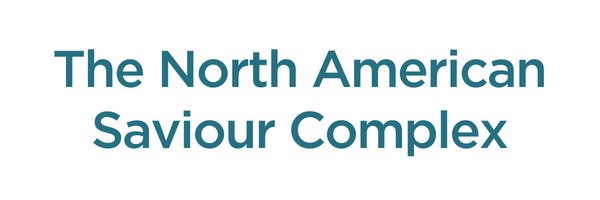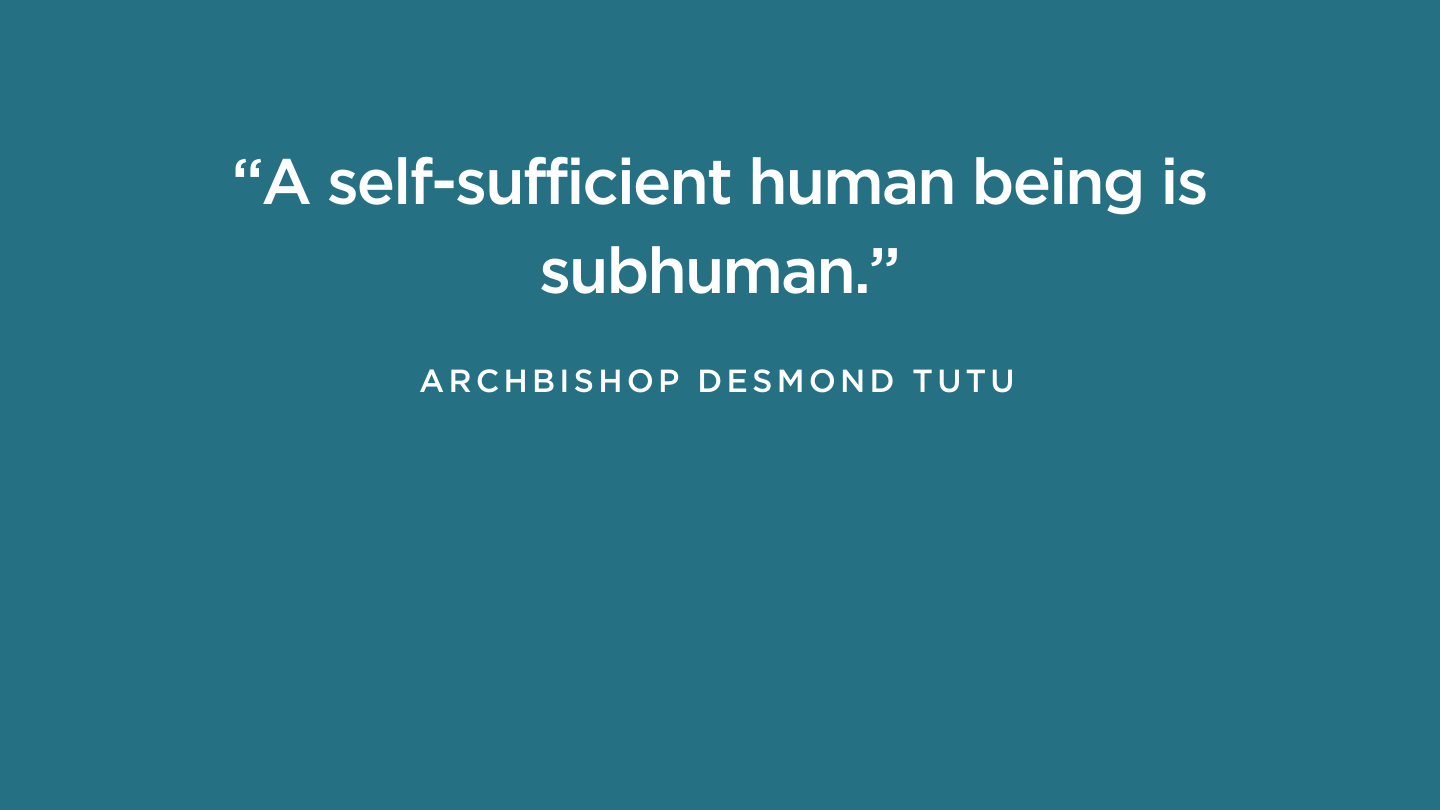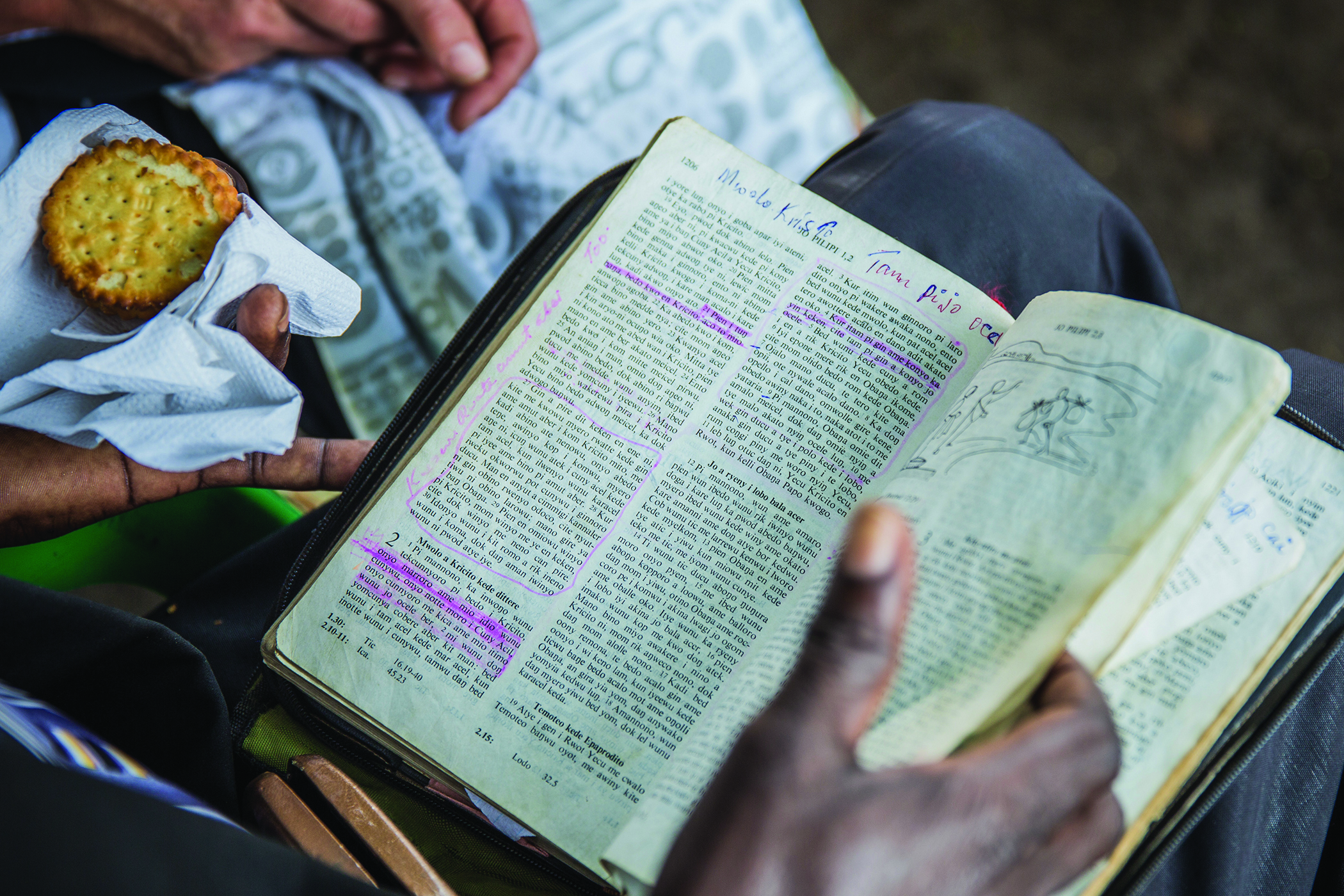Eyes to SeeSample


There’s an Instagram account by the name of “Barbie Savior.” A satirical page, it posts pictures of a Barbie doll “saving” Africa and taking “slumfies” (that’s “slum” + “selfie”) while she’s at it, posed heroically against the backdrop of need. Her tagline says, “It’s not about me...but it kind of is.”
Sometimes, we North Americans can see ourselves as the saviours of impoverished people. It’s easy to fall into this way of thinking, especially in a time when fighting injustice can be trendy or require nothing more than posting on social media. While this heartfelt desire to save others is often accompanied by heartfelt compassion, we must examine all our motives.
When we go beyond our desire to be saviours, we begin to see those in poverty not as victims but as people. We begin to recognize our similarities and our equality as human beings loved by God, regardless of the differences in our bank accounts or life experiences. When we begin to see that poverty is often a result of unjust and broken systems, we start to see our actions not as charity but as acts of justice. We begin to see those in poverty not as charity cases but as fellow humans deserving justice. Doing so allows us to have two-way relationships.
As Archbishop Desmond Tutu so succinctly put it, “a self-sufficient human being is subhuman.” We all need some sort or another, and we all have something to give.

When the wildfire in Fort McMurray, AB, raged in 2016, Syrian refugees, who had only been settled in Canada months before, knew how those who had lost everything in the fire felt. Although they had little, a group of these newcomers decided to pool their resources, and each gave $5 towards hygiene items for evacuees. They are proof that everyone has something to offer.
Recognizing that we aren’t saviours but that our hope is in our Saviour Jesus eliminates the artificial “us and them” thinking. Changing how we think about ourselves also allows us to relax in our own imperfections and needs: We don’t have to wait until we have it all together before reaching out to people in poverty—because we will never have it all together. At the same time, the passage from 2 Corinthians that we read above reminds us that Christ’s death on our behalf means that we “no longer live for [our]selves but for him” and that, consequently, “we regard no one from a worldly point of view.” We are called to reach out to others, not as heroes, but as human beings on the journey together.

Reflect:
- How does it feel to consider being a peer to people in poverty?
- In what ways does a desire to help people in poverty come out of a place of your own need?
Pray:
Father, it’s awkward and humbling to admit that sometimes I unconsciously see myself as a hero. Would You help me instead to see You as the hero and me as equal to all the people around me, equally in need of Your grace and hope? Amen.
Scripture
About this Plan

Jesus had compassion, especially for those facing poverty, injustice, and inequality. What is our response? Do you see the world the way God does? If you want to go deeper and understand the spiritual root of poverty, join us for this 42-day video-assisted bible study from Compassion Canada. Ideal for group study or a challenging personal journey. Abridged and Updated.
More
We would like to thank Compassion Canada for providing this plan. For more information, please visit: http://cmpsn.ca/YV
Related Plans

See the Wow: 3 Days of Wonder

God, Our Home!

Rooted in Your True Identity

21 Days to Overcome Stress

The Windshield Life: Leaving the Rearview Behind

Preparing Your Daughter for Adulthood: A 5-Day Reading Plan for Parents

The Practice of Presence

Reimagine Influence Through the Life of Lydia

The Revival
